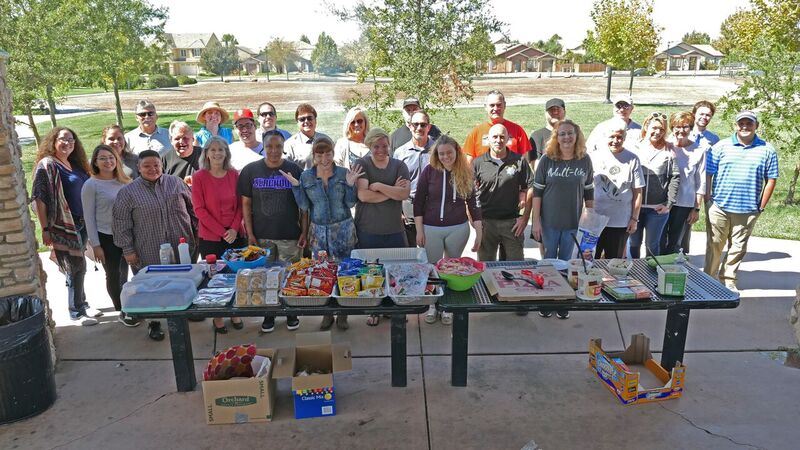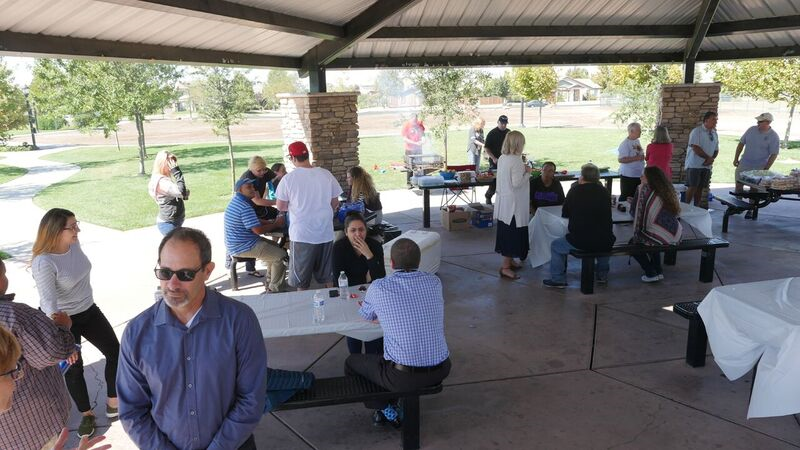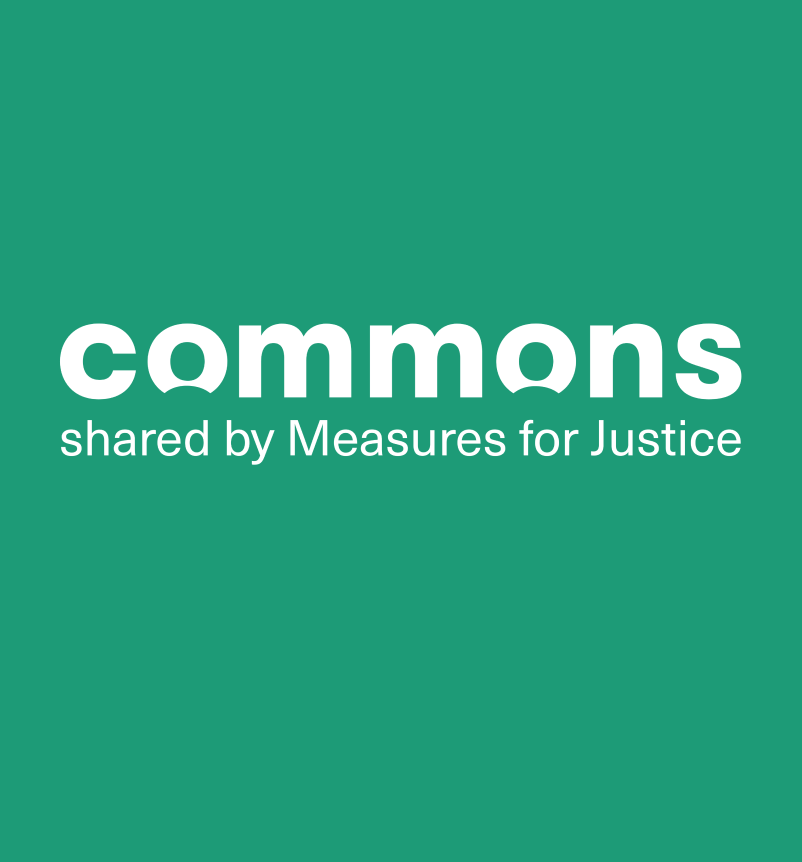(Woodland, CA) – October 2, 2018 – On Tuesday, September 18th, 11 current participants and former graduates of Yolo County’s Mental Health Court joined together for a barbecue at Jack Slaven Park in Woodland. They were joined by employees from the District Attorney’s Office, Health and Human Services Agency, Probation Department, Public Defender’s Office, and Judge Janet Gaard.
Mental Health Court was founded in 2013 and is a multi-agency collaborative effort that brings together partners from the criminal justice and social services fields. The program serves up to 15 individuals at a given time who suffer from serious mental illnesses and have been charged with felony offenses. The program focuses on four goals for program participants: improving treatment engagement, reducing recidivism, reducing jail bed days, and decreasing local and state hospital bed stays.
The attendants enjoyed a meal of hamburgers and hotdogs cooked fresh on the park grill, while enjoying a game of kickball. “For the clients and family members to be able to play kickball with a judge, a prosecutor, a probation officer, a social worker and a defense attorney was amazing to watch. But, I think I can speak for all of us who work in the criminal justice system in saying that for us to be able to play kickball with clients and family members was truly our honor. We are all on the same team with the same goal – success for the clients and their families,” Chief Deputy District Attorney Jonathan Raven said while reflecting on the event.
While sitting down for lunch, Mental Health Court alumni Dennis Cortopassi talked about his experience with the program. Dennis graduated from the program a little over two years ago. “Sharing experiences was the most important part for me, knowing that other people are going through the same thing that I’m going through. And, of course, being able to have all of that support to help me get through my ups and downs, and being able to have my record expunged at the end. That meant a lot.”
District Attorney Jeff Reisig complimented the amazing multi-agency team. “With the dedication of the team, participants like Dennis have been able to succeed in their life-long journey to recovery,” said Reisig. “Our goal is to work hard and be creative to avoid criminalizing those with mental illness.”
Two current participants also sat down to discuss their thoughts as they work towards progressing through the four phases of the program. “The staff was really helpful, getting me the right psychiatrist which I really
needed. I always was scared to go; I felt like I had some problems but I was afraid of being treated like I was different,” expressed one MHC participant, who has been enrolled in the program for six months.
“The most meaningful part was the general feeling of knowing that you have a support network behind you, in case anything goes wrong, and that you have a team that is dedicated to seeing you succeed. That feeling is very comforting and relieves a lot of stress and helps remove any feeling of uncertainty,” another current MHC participant added.
Participants enroll in the program for a minimum of 18-months and progress through four phases: 1. Orientation and treatment plan development; 2. Early recovery; 3. Active recovery; and 4. Sustained recovery. Progression through the four phases includes increasing days of sobriety, writing a reflective essay at the end of each phase, and consistently participating in treatment. If a participant stumbles along the way, they may have to redo previous phases of the program based on the circumstances—however, the program is designed to allow for second chances. At the end of the program, clients participate in a restorative justice process that allows them to reflect on the harms of their offenses and reconcile with family members and victims.
By holding events like a barbecue for program participants and graduates, the Mental Health Court team hopes to foster a sense of community among Mental Health Court clients and the county employees that they work with. The staff also plan to host a Mental Health Court Holiday Party in the winter, and will make these gatherings part of the program’s tradition moving forward. “It’s an exciting opportunity to join forces with both the clients and the staff and just have fun together and share a meal,” said Alison Steffensen, a psychologist at HHSA who works with Mental Health Court participants.
Kristi Abbott, the Clinical Supervisor of Forensic Mental Health at HHSA and lead social worker for MHC, helped organize the barbecue. She stated, “It has been a long time goal of MHC to create a program that provides a sense of community and ongoing support for both participants and alumni. We implemented an Alumni program and a Wellness program earlier this year with this goal in mind. The success of today’s Inaugural MHC barbecue is the result of that effort. It is truly rewarding to see the participants, alumni, staff, and their families out here today having such a great time.”
For more information, please visit https://yoloda.org/community-outreach-programs/mental-health-court/
###



